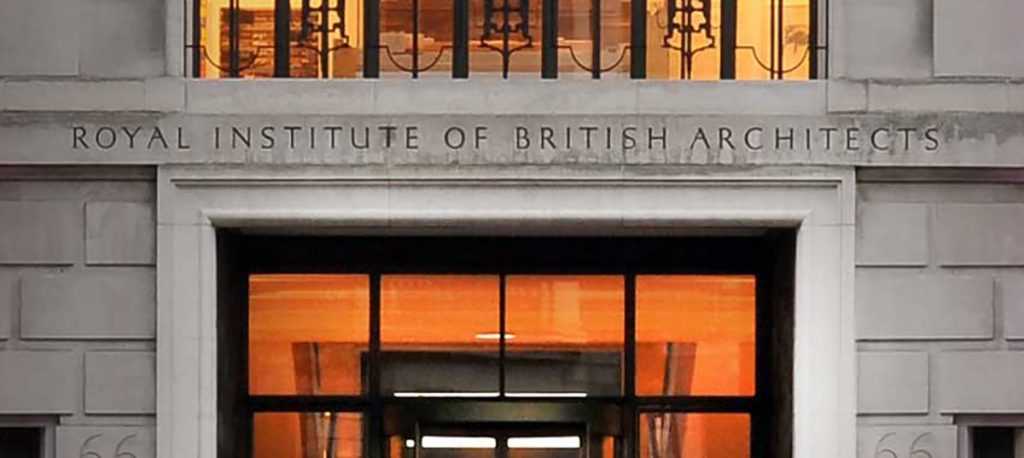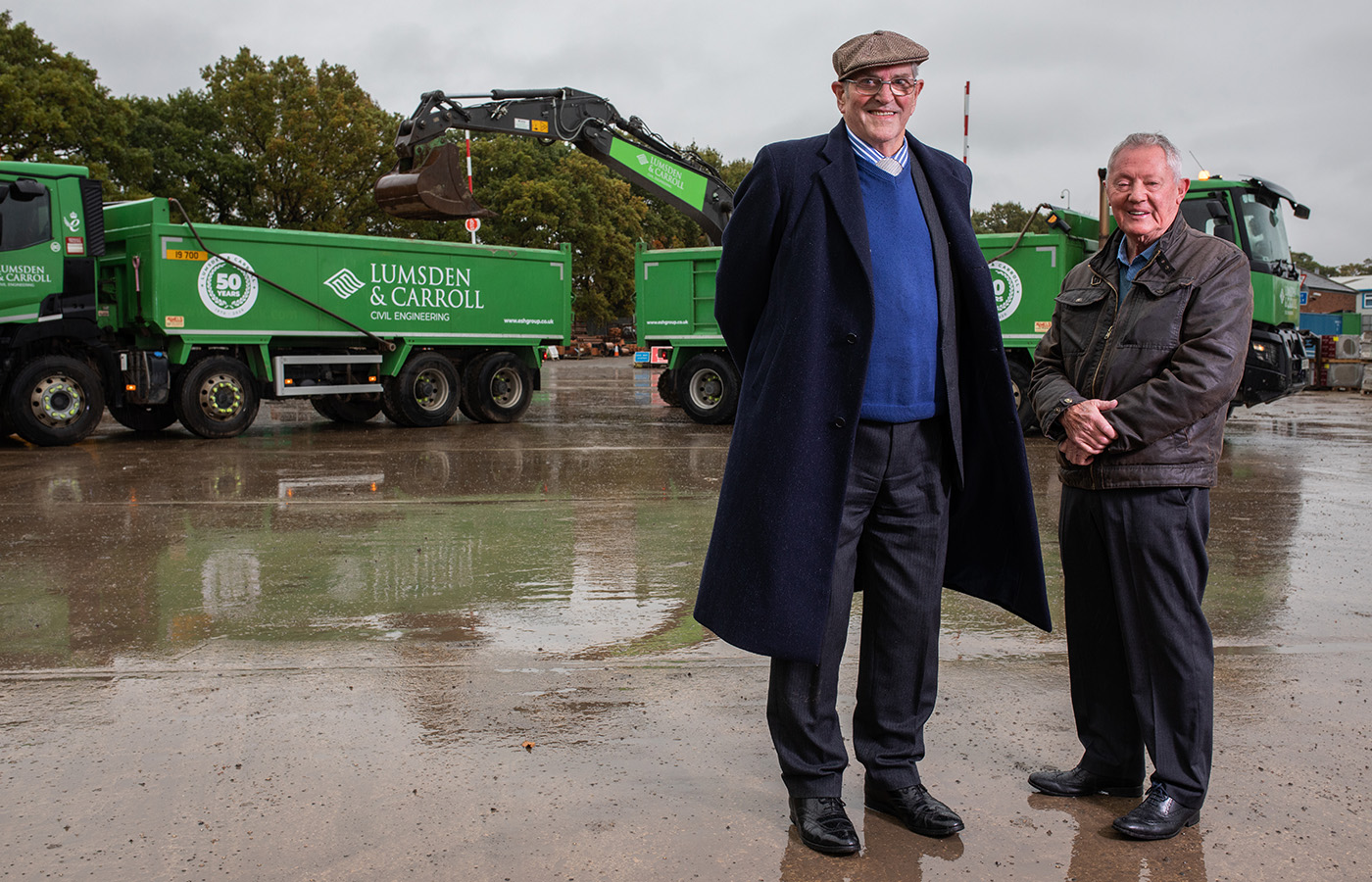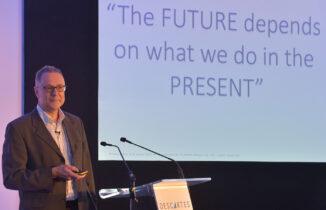
The Royal Institute of British Architects (RIBA) has published its second ‘Decade of Action’ report revealing the findings of its latest survey on ethics and sustainability. Completed by 600 RIBA UK members, the survey assessed architects’ understanding of the UN Sustainable Development Goals and their commitment to sustainable, low-carbon design.
The 2021 findings show that architects are committed to delivering sustainable buildings – most see sustainability as central to what they do – but there remain gaps in knowledge and application of the UN Sustainable Development Goals.
In the survey:
- 72% of participants stated that their “organisation has a commitment to addressing the climate emergency” – up from 66% last year.
- 54% agreed that “sustainability is at the core of everything my organisation does” – up from 47%.
- 51% described their projects as “sustainable” – a slight increase from 48%.
Most participants agreed with areas of building performance addressed by the RIBA 2030 Climate Challenge, with almost all acknowledging the importance of reducing embodied carbon (95%) energy (94%) and water use (80%), but very few confirmed they always measure actual use or undertake whole life carbon assessments post-completion.
Views on the importance of the UN Sustainable Development Goals were also split, with 30% arguing they were “extremely” important and 29% saying they were “not at all”.
Project cost restraints (72%), client requirements (65%) and a lack of client engagement (62%) were the three most common barriers to delivering sustainable buildings; and the vast majority called for reform of Building Regulations to overcome them. 73% said they would welcome higher Part L (energy efficiency) standards and 72% would welcome a net zero-carbon mandate by 2030.
In response to the findings, RIBA President, Simon Allford, said: “This survey shows architects are clearly committed to low carbon design, but many lack detailed knowledge of the UN Sustainable Development Goals and are not convinced of their value. Budgetary constraints, a lack of adequate carbon measuring systems and data pools, and weak regulation are also restricting the capacity of architects to deliver sustainable buildings. With less than nine years left in this ‘Decade of Action’ – there is much to do.
“As architects, we have the skills needed to collaboratively lead the construction industry in the decarbonisation of the built environment – from engaging clients and communities, to meeting RIBA 2030 Climate Challenge targets through innovative design solutions.
“The UN Sustainable Development Goals and accompanying RIBA Sustainable Outcomes Guide provide a blueprint for a sustainable future – I urge architects to utilise them both.”
RIBA Head of Economic Research, Adrian Malleson, said: “The Sustainable Development Goals are an under-valued resource for architects, who are uniquely placed to work with all stakeholders to promote the sustainable design of future buildings. The Goals provide an internationally agreed description of what sustainability means, what targets we need to meet, and how progress can be measured. Tools to assess projects against the Goals are already emerging, and project finance will increasingly depend on meeting such criteria. UK architects have a window of opportunity to be global leaders. Some already are, but this survey shows many more need to step up.”





